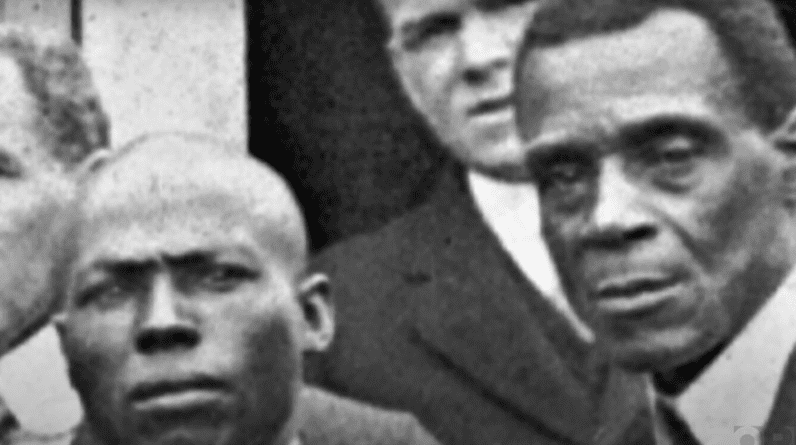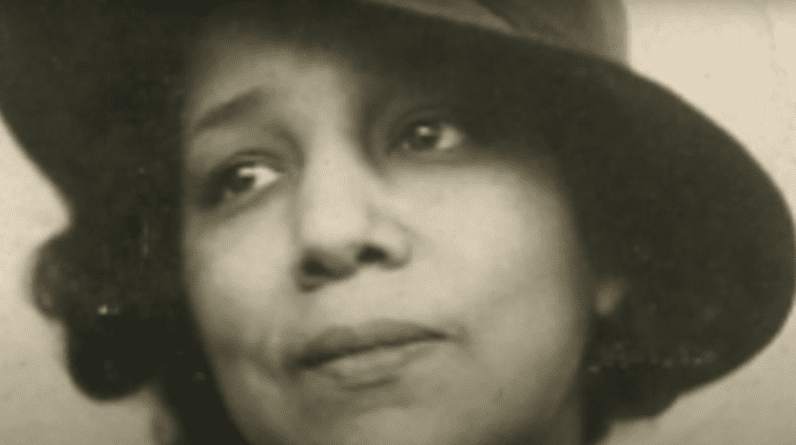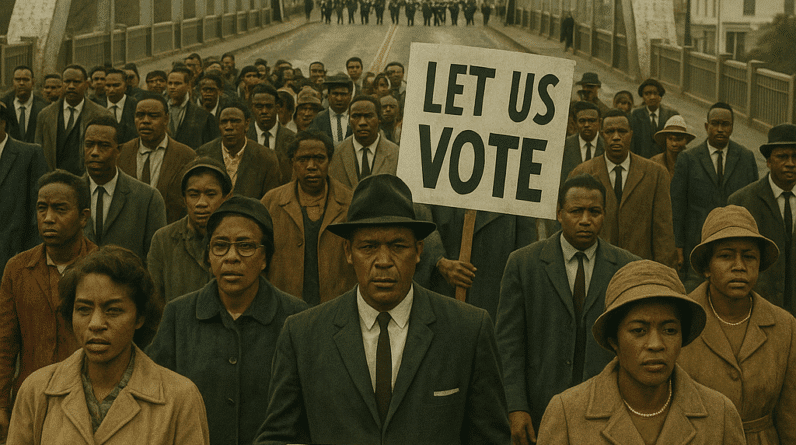
African American Heritage Sites
African American Heritage Sites. Are you someone who loves to travel and immerse yourself in rich cultural experiences? If so, then get ready to embark on a journey through African American heritage sites that will leave you feeling inspired and enlightened. From the historic landmarks of Harriet Tubman Underground Railroad National Historical Park to the vibrant neighborhoods of New Orleans’ Treme district, this article will guide you on a captivating exploration of African American history in the United States. Whether you’re an African American traveler seeking to reconnect with your roots or simply a curious adventurer eager to learn, these heritage sites are sure to offer a unique and unforgettable experience. So pack your bags, open your mind, and get ready to discover the remarkable stories that have shaped African American culture.
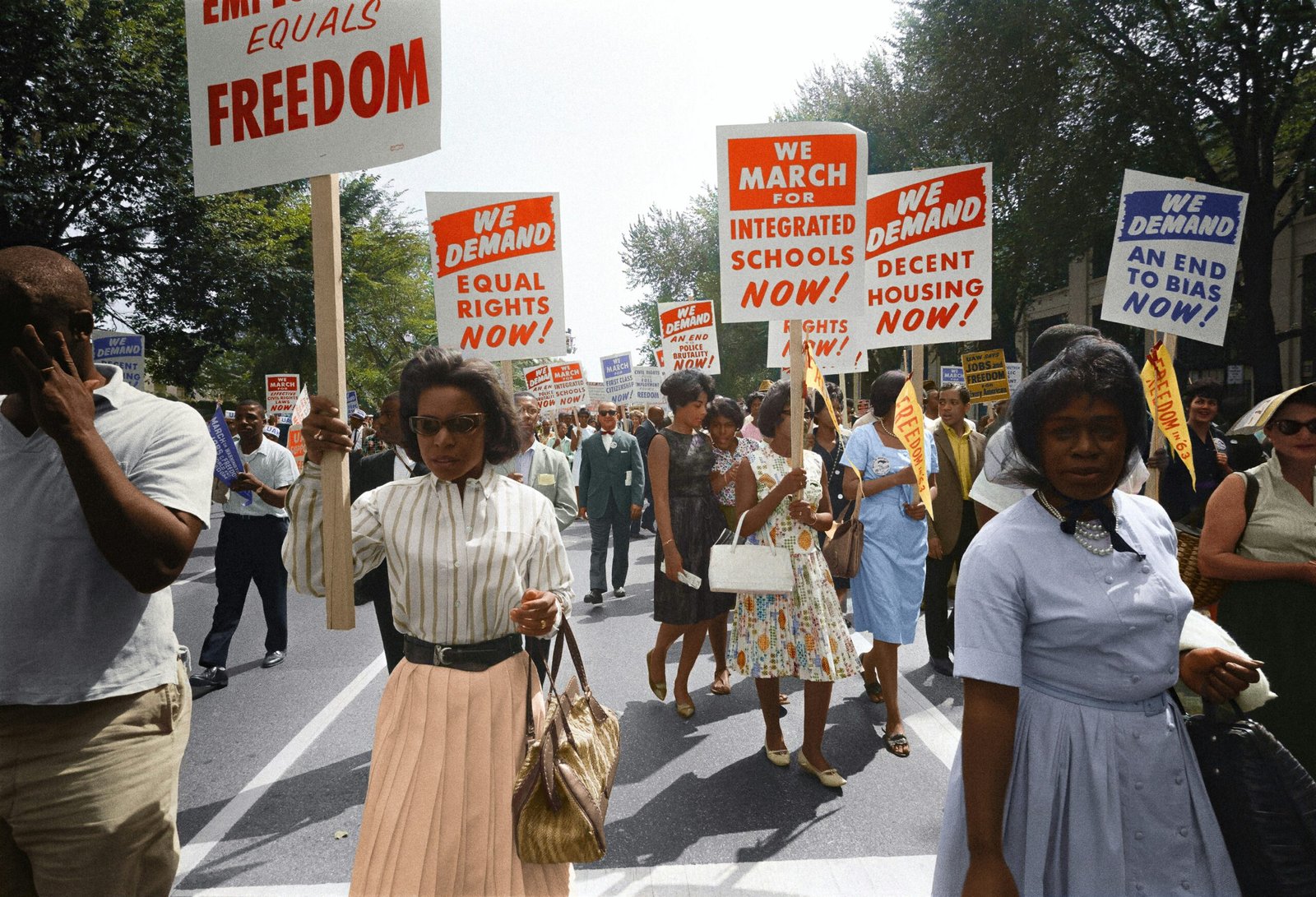
This image is property of images.unsplash.com.
Historical Sites
When it comes to exploring the rich history of African Americans in the United States, there are a multitude of significant historical sites that offer a glimpse into the struggles and triumphs of the past. One must-visit destination is the National Museum of African American History and Culture, situated in Washington, D.C. This iconic institution is a testament to the profound contributions made by African Americans to the nation’s history, culture, and society. From art exhibits to historical artifacts, the museum offers a comprehensive exploration of African American heritage.
For those seeking inspiration from the civil rights movement, the Martin Luther King Jr. National Historic Site in Atlanta, Georgia is a must-see. This site encompasses Dr. King’s childhood home, the Ebenezer Baptist Church where he served as a pastor, and the King Center, which houses a compelling collection of his personal papers and memorabilia. It is here that visitors can gain a deep understanding of Dr. King’s life and his powerful impact on the fight for racial equality.
Another renowned historical site is the Harriet Tubman Underground Railroad National Historical Park, located in Maryland. This park pays homage to Harriet Tubman, a fearless abolitionist and conductor of the Underground Railroad. Visitors can explore the landscapes that Tubman traversed as she led countless enslaved individuals to freedom. The park also features a visitor center that offers invaluable insights into Tubman’s life and courageous acts.
Civil Rights Landmarks
For those interested in delving further into the civil rights movement, there are several key landmarks that offer an immersive experience. The Selma to Montgomery National Historic Trail in Alabama retraces the route of the historic 1965 Selma to Montgomery marches, a turning point for the civil rights movement. Walking in the footsteps of those who risked their lives for the right to vote, visitors gain a profound appreciation for the courage and determination of the marchers.
Little Rock Central High School National Historic Site in Arkansas is another significant civil rights landmark. This site commemorates the Little Rock Nine, a group of African American students who bravely integrated the previously all-white high school in 1957. Visitors can tour the school and learn about the challenges and triumphs experienced by these trailblazing students.
An enduring symbol of the civil rights movement, the Edmund Pettus Bridge in Selma, Alabama holds great historical significance. This bridge was the site of the infamous Bloody Sunday confrontation in 1965, when protestors advocating for voting rights were brutally attacked by state troopers. Today, the bridge stands as a reminder of the sacrifices made and the progress achieved during the civil rights struggle.

This image is property of images.unsplash.com.
Plantations and Heritage Farms
Exploring the history of African Americans also involves acknowledging the painful legacy of slavery. Plantations and heritage farms across the United States provide a glimpse into the harsh realities of this era while also honoring the strength and resilience of enslaved individuals. Boone Hall Plantation & Gardens in South Carolina is one such destination. With its preserved slave quarters and educational exhibits, visitors can gain insight into the hardships faced by enslaved African Americans while also appreciating the beauty of the plantation’s gardens.
Magnolia Plantation and Gardens, also located in South Carolina, offers a unique perspective on the antebellum era. By exploring the plantation’s gardens, marshlands, and the “From Slavery to Freedom” tour, visitors can learn about the experiences of African American slaves as well as their journey towards emancipation.
The Hermitage in Nashville, Tennessee holds historical significance as the former home of President Andrew Jackson. While the focus is primarily on Jackson’s legacy, the site also acknowledges the history of enslaved African Americans who lived and worked on the plantation. Through exhibits and guided tours, visitors can gain a deeper understanding of their stories and explore the complexities of American history.
Music and Entertainment Venues
African Americans have played a crucial role in shaping American music and entertainment, and several venues pay tribute to this rich cultural heritage. The iconic Apollo Theater in Harlem, New York, has long been a symbol of African American excellence in the performing arts. From legendary musicians to groundbreaking comedians, the Apollo has showcased countless talents and continues to be a vibrant hub of artistic expression.
Motown Museum in Detroit, Michigan is another must-visit destination for music enthusiasts. Founded by Berry Gordy Jr., this museum provides an intimate look into the history of Motown Records and its profound impact on American popular music. From Stevie Wonder to the Supremes, the Motown sound resonates through the exhibits, immersing visitors in the magic of this musical revolution.
The Cotton Club in Harlem is synonymous with the vibrant jazz age of the 1920s and 1930s. This legendary nightclub hosted some of the most influential African American musicians of the time, including Duke Ellington and Ella Fitzgerald. Although the original club no longer exists, experiencing the music and atmosphere of this era is still possible through various tribute performances and events.
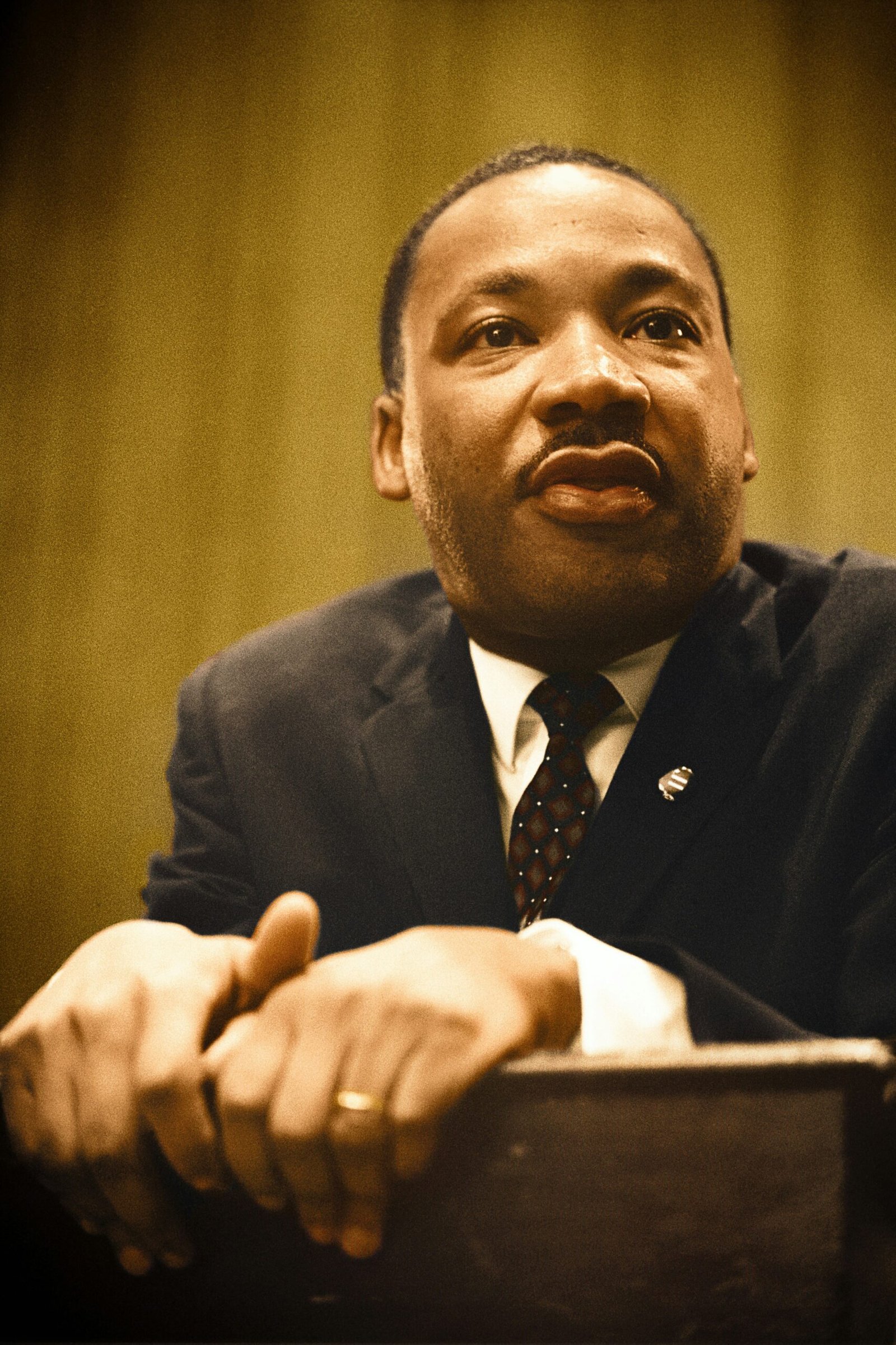
This image is property of images.unsplash.com.
Educational Institutions
African American heritage is deeply intertwined with educational institutions that have served as beacons of knowledge and empowerment. Howard University in Washington, D.C. is one such institution. Founded in 1867, it has long been at the forefront of promoting social justice, academic excellence, and African American cultural heritage. Today, Howard University continues to produce leaders in various fields while fostering a sense of community and pride.
Tuskegee University in Alabama holds a special place in African American educational history. Founded by Booker T. Washington, this historically black university has played a pivotal role in providing access to higher education for African Americans throughout the years. From its renowned School of Nursing to its celebrated engineering program, Tuskegee University remains a beacon of opportunity for students today.
Hampton University in Virginia, another historically black institution, has a rich legacy dating back to its founding in 1868. With a focus on both academic excellence and community engagement, Hampton University has produced trailblazers in fields ranging from the arts to the sciences. The campus showcases outstanding architecture and houses the Emancipation Oak, where newly freed slaves first heard the Emancipation Proclamation read.
Cultural Centers
Cultural centers dedicated to preserving African American history and culture offer immersive experiences that celebrate the contributions of the community. The DuSable Museum of African American History in Chicago, Illinois, is the oldest African American museum in the country. Through its exhibits and programs, it showcases the achievements and struggles of African Americans throughout history, promoting a deeper understanding of their cultural impact.
The National Civil Rights Museum in Memphis, Tennessee, located at the site of the Lorraine Motel where Dr. Martin Luther King Jr. was assassinated, brings to life the turbulent era of the civil rights movement. With powerful exhibits and interactive displays, visitors can immerse themselves in the history of this movement and gain a profound appreciation for the sacrifices made by those who fought for equality.
The Charles H. Wright Museum of African American History in Detroit, Michigan, is the largest museum dedicated to African American history in the world. Its vast collection of artwork, artifacts, and interactive exhibits offers visitors a comprehensive exploration of African American culture and heritage. From the journey of enslaved people to the achievements of contemporary African American trailblazers, the museum captures the breadth and depth of the African American experience.
Historic Churches
Historic churches hold a special place in African American heritage, serving as pillars of faith, community, and resistance against oppression. Mother Emanuel AME Church in Charleston, South Carolina, is renowned for its rich history and connection to the struggle for civil rights. The church is known for being the site of the tragic Charleston church shooting in 2015, which brought national attention to the ongoing fight against racial violence and spurred a renewed commitment to justice.
Abyssinian Baptist Church in Harlem, New York, has been a center of African American spiritual and cultural life for more than 200 years. Known for its powerful sermons and gospel choirs, the church has played a vital role in shaping the social and political movements of the community. Its storied history showcases the resilience and unwavering spirit of African Americans in the face of adversity.
Sixteenth Street Baptist Church in Birmingham, Alabama, carries significant historical importance as the site of a tragic bombing in 1963. The attack claimed the lives of four young African American girls and served as a catalyst for the civil rights movement. Today, the church stands as both a memorial to the lives lost and a symbol of resilience and perseverance in the face of hate.
Literary Landmarks
African American literature has made an indelible mark on American culture, and several landmarks pay homage to the influential writers who have shaped the literary landscape. The Langston Hughes House in Harlem, New York, was the home of one of the most celebrated voices of the Harlem Renaissance. Visitors to this landmark gain insight into Hughes’ life and his tireless efforts to capture the African American experience through poetry and prose.
Zora Neale Hurston Museum in Eatonville, Florida, honors the life and works of one of the most significant African American writers of the 20th century. Hurston’s literary contributions, particularly her novel “Their Eyes Were Watching God,” have had a lasting impact on African American literature. The museum allows visitors to delve into Hurston’s world and gain an appreciation for her unique storytelling style.
The Frederick Douglass National Historic Site in Washington, D.C., preserves the final residence of the iconic abolitionist and orator. This landmark provides visitors with a glimpse into Douglass‘ life, his tireless activism, and his pivotal role in shaping the fight against slavery. Exploring the site offers a journey through American history and an opportunity to reflect on the enduring legacy of this influential African American leader.
Sports Heritage Sites
African Americans have made extraordinary contributions to the world of sports, and several dedicated sites honor this athletic legacy. The Negro Leagues Baseball Museum in Kansas City, Missouri, celebrates the legacy of African American baseball players who were excluded from the Major Leagues due to racial segregation. Through exhibits and interactive displays, visitors can learn about the struggles and achievements of these talented athletes and the impact they had on American sports.
The International Tennis Hall of Fame in Newport, Rhode Island, recognizes the achievements of African American tennis players who have broken barriers and blazed trails in the sport. From Althea Gibson to Serena and Venus Williams, African American athletes have made significant strides in the world of tennis. Exploring the museum offers a chance to appreciate their remarkable talent and contributions to the sport.
The Muhammad Ali Center in Louisville, Kentucky, pays tribute to one of the greatest boxers of all time and an influential figure in the civil rights movement. This interactive museum explores Ali’s life both inside and outside the ring, highlighting his commitment to social justice and his impact as a global icon. Visitors can immerse themselves in his inspiring journey and gain a deeper understanding of his enduring legacy.
Art and Museums
Art and museums dedicated to African American history and culture provide a platform for the celebration and exploration of African American artistic expression. The Studio Museum in Harlem, New York, is renowned for its collection of contemporary African American art. Through exhibitions, artist residencies, and educational programs, the museum fosters dialogue and greater understanding of the diverse creative practices within the African American community.
The California African American Museum in Los Angeles showcases the artistic contributions of African Americans throughout history. From traditional African art to contemporary works, the museum offers a comprehensive exploration of African American culture and its intersections with other communities. Visitors can engage with thought-provoking exhibitions and attend cultural programs that celebrate the creative achievements of African Americans.
The National Great Blacks in Wax Museum in Baltimore, Maryland, offers a unique experience that combines history, art, and education. Through lifelike wax figures and exhibits, the museum brings to life the stories of prominent African American figures, from abolitionist Frederick Douglass to civil rights leader Rosa Parks. The immersive displays allow visitors to visually connect with the individuals who have shaped African American history and culture.
Whether you are passionate about history, art, music, sports, or literature, exploring African American heritage sites across the United States is a powerful and enlightening experience. These destinations provide valuable insights into the struggles, triumphs, and contributions of African Americans throughout history, fostering a deeper appreciation and understanding of their enduring legacy. So, embark on a journey to these remarkable sites and discover the rich tapestry of African American history and culture that has shaped the United States.
FAQs: Frequently Asked Questions About African American Heritage Sites
1. What are some notable African American heritage sites in the United States?
The United States is home to a plethora of African American heritage sites that celebrate the rich and diverse history of African Americans. Prominent among these is the Martin Luther King Jr. National Historical Park in Atlanta, which includes his childhood home and the church where he preached. The Harriet Tubman Underground Railroad National Historical Park in Maryland honors the courageous efforts of Harriet Tubman in leading enslaved people to freedom. Another significant site is the Birmingham Civil Rights Institute in Alabama, offering profound insights into the Civil Rights Movement. Each of these sites provides a unique window into the struggles and triumphs that have shaped African American history.
2. How can I visit and tour African American heritage sites?
Visiting African American heritage sites can be a deeply enriching experience. Many of these sites offer guided tours, which provide valuable context and historical background. For instance, you can take a guided tour of the Freedom Trail in Boston, which includes stops at important landmarks like the African Meeting House. Additionally, several heritage sites have interactive exhibits and educational programs for visitors of all ages. Planning ahead is crucial; check the official websites for hours of operation, ticketing information, and any special events. Many sites also offer virtual tours, allowing you to explore their history from the comfort of your home.
3. What is the historical significance of the National Museum of African American History and Culture?
The National Museum of African American History and Culture, located on the National Mall in Washington, D.C., is a monumental institution dedicated to documenting African American life, history, and culture. Since its opening in 2016, it has become a cornerstone for understanding the African American experience. The museum houses over 36,000 artifacts, ranging from Harriet Tubman’s shawl to Chuck Berry’s Cadillac. It provides a comprehensive narrative that spans from the transatlantic slave trade to the present day. This museum is not just a repository of artifacts but a space for reflection, education, and inspiration, highlighting the profound impact of African Americans on the nation’s history.
4. Are there African American heritage sites related to the Civil Rights Movement?
Yes, numerous African American heritage sites are directly connected to the Civil Rights Movement. The Selma to Montgomery National Historic Trail in Alabama commemorates the 1965 voting rights marches led by Dr. Martin Luther King Jr. The Edmund Pettus Bridge in Selma is particularly significant as the site of “Bloody Sunday,” where peaceful protesters were violently confronted by law enforcement. Another key site is the Little Rock Central High School National Historic Site in Arkansas, where nine African American students bravely integrated the school under the protection of federal troops in 1957. These sites serve as powerful reminders of the fight for equality and justice.
5. How do African American heritage sites preserve and honor history?
African American heritage sites play a crucial role in preserving and honoring the history of African Americans by safeguarding historical artifacts, maintaining historic buildings, and providing educational resources. They engage in meticulous historical research and archiving to ensure the accuracy and authenticity of their exhibits. Sites like the African American Civil War Museum in Washington, D.C., not only display artifacts but also offer reenactments and educational programs that bring history to life. Through exhibitions, public programs, and community outreach, these heritage sites ensure that the stories and contributions of African Americans are remembered and celebrated for future generations.
6. What African American heritage sites are recognized by UNESCO?
Several African American heritage sites in the United States have garnered international recognition, including designations by UNESCO. The most notable is the New Orleans Jazz National Historical Park, which celebrates the birthplace of jazz, a genre deeply rooted in African American culture. Another significant site is the Fort Monroe National Monument in Virginia, known as “Freedom’s Fortress,” where enslaved people sought asylum during the Civil War. These UNESCO-recognized sites are celebrated for their outstanding cultural and historical significance, offering a global platform to appreciate the contributions of African Americans to world heritage.
7. Can you recommend any African American heritage trails or tours?
There are several heritage trails and tours designed to highlight African American history and culture. The Civil Rights Trail spans multiple states and includes over 100 landmarks, such as the 16th Street Baptist Church in Birmingham and the Lorraine Motel in Memphis, where Dr. Martin Luther King Jr. was assassinated. The Gullah Geechee Cultural Heritage Corridor stretches along the coast from North Carolina to Florida, celebrating the unique culture and history of the Gullah Geechee people. Another recommendation is the Black Heritage Trail in Boston, which features sites significant to the African American community from the colonial period through the 19th century.
8. How have African American heritage sites impacted local communities?
African American heritage sites have a profound impact on local communities by fostering a sense of pride and identity. They serve as educational resources, providing residents and visitors with a deeper understanding of local history and culture. Economic benefits also arise from tourism, as visitors to these sites often support nearby businesses. Moreover, these heritage sites often engage with the community through events, lectures, and collaborative projects, promoting cultural preservation and community cohesion. By highlighting the contributions and histories of African Americans, these sites play a vital role in enriching the cultural fabric of their communities.
9. What role do African American heritage sites play in education?
African American heritage sites are invaluable educational resources that provide immersive learning experiences. They offer school programs, workshops, and tours tailored to various educational levels, helping students understand and appreciate African American history and culture. Many sites collaborate with educators to develop curriculum materials that align with state standards. For example, the National Civil Rights Museum in Memphis provides comprehensive educational programs that explore the complexities of the Civil Rights Movement. These heritage sites not only educate about the past but also inspire discussions about contemporary social justice issues, fostering a more informed and empathetic society.
10. How can I support the preservation of African American heritage sites?
Supporting the preservation of African American heritage sites can be done in various meaningful ways. Donations to these sites help fund maintenance, educational programs, and exhibitions. Volunteering your time and skills can also make a significant difference. Participating in events and spreading awareness about these sites within your network amplifies their reach and impact. Additionally, advocating for local and federal support for these sites ensures they receive the necessary funding and protection. By engaging with and supporting these heritage sites, you contribute to preserving vital pieces of American history and culture for future generations.
—
This comprehensive exploration of African American heritage sites highlights their crucial role in preserving history, educating the public, and enriching communities. These sites offer profound insights into the African American experience, reminding us of the enduring legacy and contributions of African Americans throughout history.



